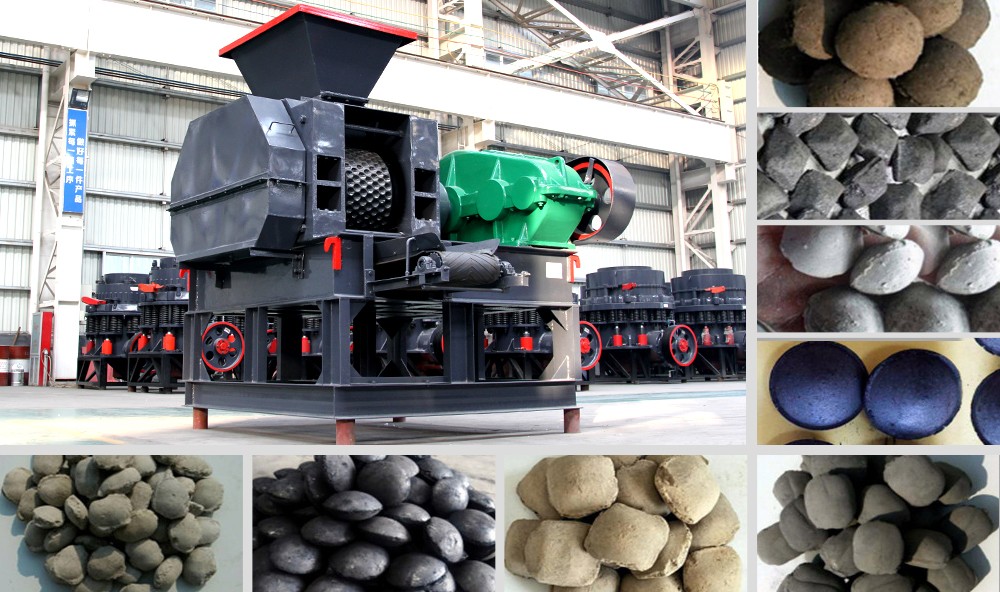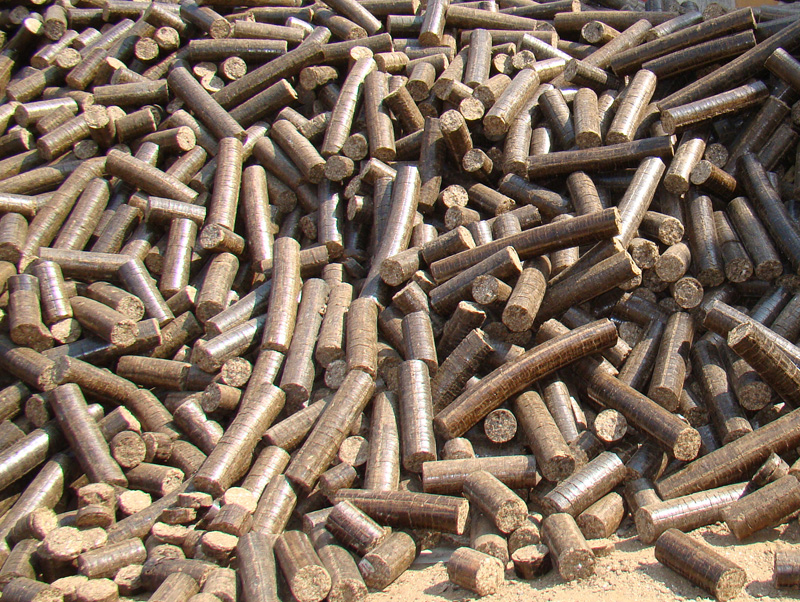Finding alternatives to traditional fuel sources becomes crucial in our quest for sustainable living. One such solution gaining traction is the use of odav puitbrikett. These compressed biomass blocks offer an environmentally friendly alternative to fossil fuels, contributing to reduced carbon emissions and deforestation. By incorporating briquettes into your daily life, you minimize your carbon footprint and support sustainable forestry practices. Here’s how you can seamlessly integrate briquettes into your sustainable lifestyle:
Understanding Briquettes: What Are They and How Are They Made?
Begin by familiarizing yourself with what briquettes are made of and the process behind their production. Typically, cheap wood briquettes are crafted from sawdust, agricultural residues, or recycled materials. These components are compressed under high pressure without any additives, resulting in dense, energy-efficient blocks.

Heating Your Home: Switching to Briquettes for Clean and Efficient Warmth
Transitioning from traditional fuels like coal or firewood to briquettes can significantly improve indoor air quality and reduce pollution. Whether you’re heating your home through a fireplace, stove, or boiler, cheap wood briquettes offer a cleaner-burning alternative that emits fewer harmful substances such as carbon monoxide and particulate matter.
Cooking Sustainably: Enhancing Your Culinary Journey with Briquettes
Upgrade your cooking experience using briquettes for grilling, barbecuing, or outdoor cooking. Their consistent heat output and long burn time make them ideal for slow-cooking recipes or achieving the perfect sear on your favorite dishes. Additionally, their minimal smoke production ensures a healthier cooking environment while reducing environmental impact.
Eco-Friendly Gardening: Utilizing Briquettes for Soil Enrichment and Composting
Harness the power of cheap wood briquettes to enrich your garden soil and accelerate composting processes. When broken down, briquettes release organic matter and nutrients into the soil, promoting plant growth and improving soil structure. Incorporate them into your compost pile or use them as mulch to enhance moisture retention and suppress weed growth naturally.
Sustainable Energy Solutions: Supporting Renewable Energy with Briquettes
Embrace renewable energy sources by incorporating briquettes into your energy portfolio. Whether you’re powering industrial machinery or fueling biomass boilers, cheap wood briquettes offer a sustainable alternative to fossil fuels. By supporting the demand for biomass energy, you contribute to the growth of a green economy and reduce reliance on finite resources.

Waste Reduction Strategies: Repurposing Biomass Waste into Valuable Resources
Participate in waste reduction efforts by repurposing biomass waste into valuable briquettes. Sawdust, agricultural residues, and other organic materials that would otherwise be discarded can be compacted into briquettes for energy production or other applications. You minimize environmental pollution and conserve resources by diverting waste from landfills and incinerators.
Community Engagement: Spreading Awareness and Encouraging Sustainable Practices
Share your knowledge and experiences with incorporating briquettes into your lifestyle with friends, family, and community members. Organize workshops, demonstrations, or educational sessions to raise awareness about the benefits of sustainable living and the role of briquettes in mitigating climate change. By fostering a sense of collective responsibility, you inspire others to adopt eco-friendly habits and contribute to a greener future.
Incorporating cheap wood briquettes into your sustainable lifestyle is a simple yet impactful way to reduce your environmental footprint and promote eco-conscious living. Whether you’re heating your home, cooking delicious meals, enriching your garden soil, or supporting renewable energy initiatives, every small step counts towards building a more sustainable world.
